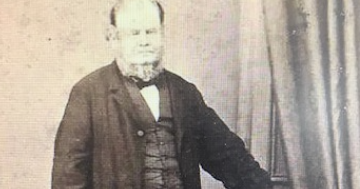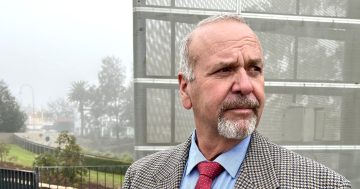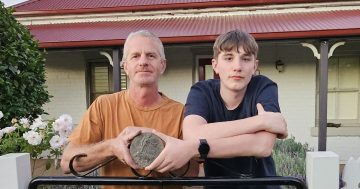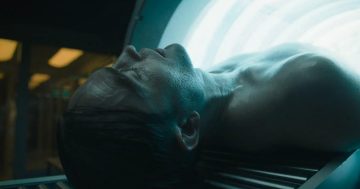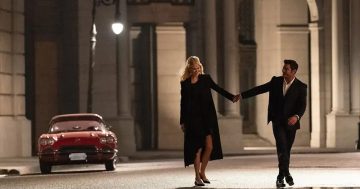Reviewed by Robert Goodman.
By Robert Harris, Penguin, $32.99.
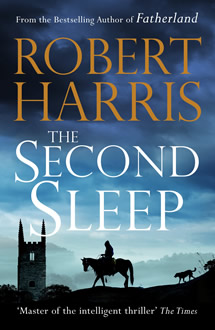 Robert Harris seems to be able to turn his hand to anything. He has done alternate history, the life of Cicero, papal elections and the Dreyfus Affair. In The Second Sleep he moves onto what is starting to feel like flavour of the last few years – a post- apocalyptic narrative. But the nature of the world he has created reveals itself slowly, feeling for most of its length like a medieval history than a tale of the future.
Robert Harris seems to be able to turn his hand to anything. He has done alternate history, the life of Cicero, papal elections and the Dreyfus Affair. In The Second Sleep he moves onto what is starting to feel like flavour of the last few years – a post- apocalyptic narrative. But the nature of the world he has created reveals itself slowly, feeling for most of its length like a medieval history than a tale of the future.
Father Christopher Fairfax has been sent to the little town of Addicott St George to bury its long time priest Father Lacey. He gets lost on the way and when he arrives finds the little village hidden in a valley full of its own secrets. This includes Father Lacey’s obsession with the past, a pursuit that is seen by the Church as heretical. Soon, though, Father Fairfax is drawn into the world that so fascinated Father Lacey, finding that perhaps not all is as the Church has been teaching.
Harris’s medieval, religious setting in what is a fully functioning, although ancient feeling society is well realised. So much so that right up to the end of the book there is a constant feeling of cognitive dissonance. Just when readers start to get comfortable with the historical-style setting, little details are dropped keep reminding them that this is not actually a history. But besides the obvious message – that the modern reliance on technology might turn out to be a bad thing and that maybe the simple life is preferable – there is little more made of this setting.
As is necessary for a story like this, the character of Father Fairfax, goes from a true believer to a risk taking heretic. But while this transformation is necessary for the plot, it is hard to reconcile this with a believable character. While Father Lacey’s collection is enticing, it does not feel like enough to drive Fairfax so far from the straight and narrow so quickly. While there is clearly a mystery to be solved and a need to solve it, Harris doesn’t manage to build the tension that he needs to drive the plot. And the ultimate revelations do not make the journey worthwhile.
In the crowded genre there really needs to be some deeper reason for using a post-apocalyptic setting which feels lacking in The Second Sleep. Some revelations towards the end of the book are interesting in terms of what they say about how people might act in the face of the collapse of civilisation but are in no way new. So that while this is an interesting diversion for Harris it is far from one of his best.
This and over 400 more reviews can be found on Pile By the Bed.


